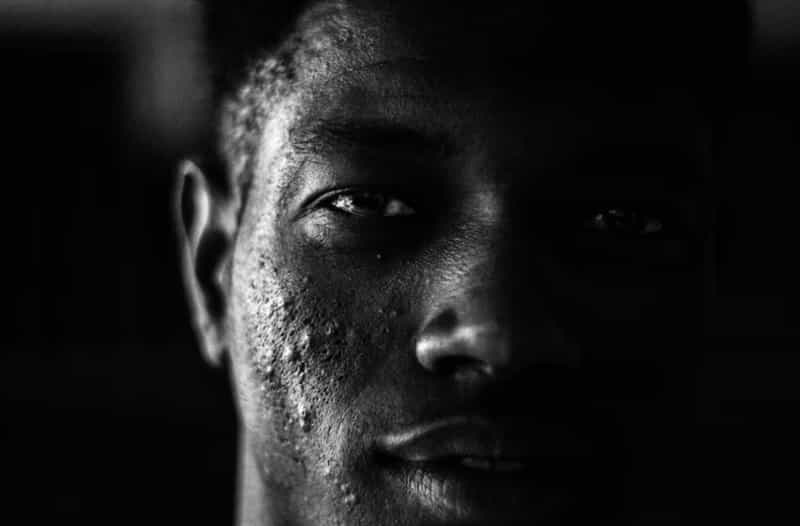There are noticeable disparities in the prevalence of disability between black and white adults and children, and according to a study by P Newacheck and colleagues, this is owed to the increased exposure to poverty faced by the black population. Black children and those whose family incomes stand at less than 150% of national poverty levels are more likely to be in poor health, though as a whole, poverty has a stronger effect on disability than race. People from black and minority ethnic communities need better advocacy. Research undertaken by the Race Equality Foundation shows that many people with disabilities face ‘double discrimination’ when accessing public services. Even the idea of advocacy, the foundation found, is not fully understood or easily translatable for black and minority ethnic communities.
Disabilities Which Are Higher Among Black And Minority Ethnic Communities
For those who are disabled, access to public services, resources and advice are key, in some cases, from the time of birth. Cerebral palsy, for instance, which can occur because of medical error or negligence, is more prevalent in black children compared to other groups. Cerebral palsy and medical malpractice go hand in hand when doctors fail to do C-sections on time, they use excessive pressure on the baby’s head or neck during delivery, and/or commit other errors. Treatment for different types of cerebral palsy can be costly, and parents often have to serve as full-time carers. If negligence has taken place, it is important for parents to receive sound legal advice so they can pursue damages if they are entitled to do so. Often, however, challenges when accessing public services can lead to delays or complete obstacles in terms of receiving vital aid.
Challenges Faced By Black And Minority Ethnic Communities When Accessing Public Services
The Race Equality Foundation has found that issues faced by people with learning disabilities from black and minority ethnic communities include lack of accessible information regarding disabilities and available support services, stereotyping, lack of social support from communities, difficulty understanding relevant rules, and lack of culturally appropriate services. Such is the extent of the problem that less than 25% of people with learning disabilities from black and minority ethnic communities are known to social services. Mainstream advocacy services such as social care and health services are subject to barriers such as racism and the lack of minorities among policymakers. People from minority groups who have disabilities may not have a clear concept of what advocacy services can do for them, indicating that service providers need to describe the services they offer in a more culturally appropriate way.
Developing Cultural Knowledge Is Key For Advocacy Service Providers
The Race Equality Foundation argues that advocacy service providers should develop a deeper cultural knowledge of the people they are serving in order to avoid stereotyping individuals. As found in research by Mirza and colleagues, respite care services are sometimes not offered to South Asian carers of people with disabilities because of the stereotype that people from this cultural background always serve as carers for loved ones in need. Language needs should also be catered for, and information should be made available in culturally appropriate locations. Interpreters should be made available if necessary to promote better communication, considering the fact that many health and social service providers are increasingly interacting with people who may have a limited knowledge of the English language.
A deeper cultural understanding should be fostered among these providers, and interpreters should be provided where necessary. Any information drafted to aid disabled persons should be left in places where the target market is bound to come across it. Finally, providers should be made aware of negative stereotypes that can stand in the way of those with disabilities getting the help they need.


